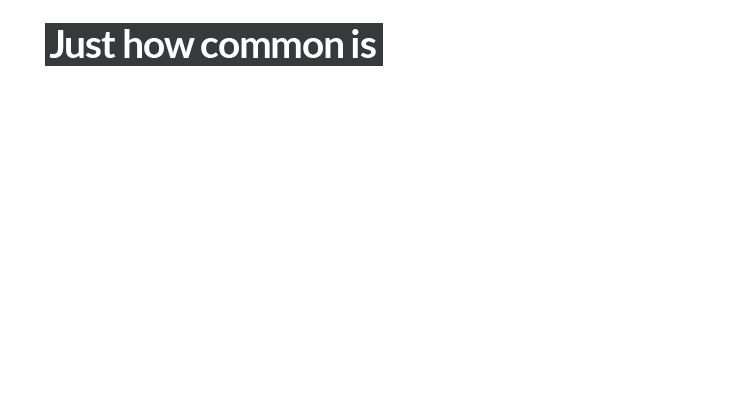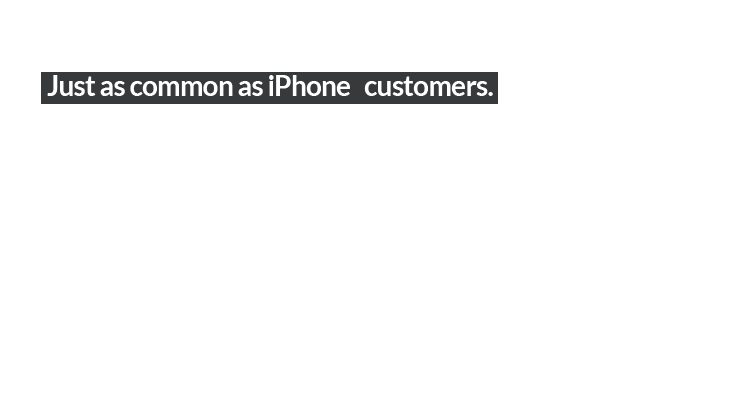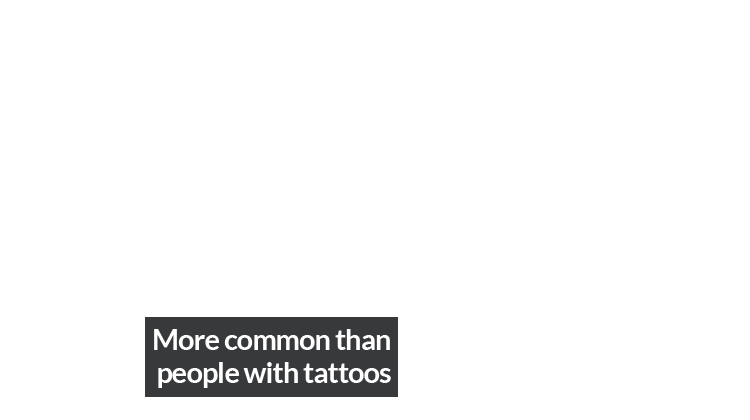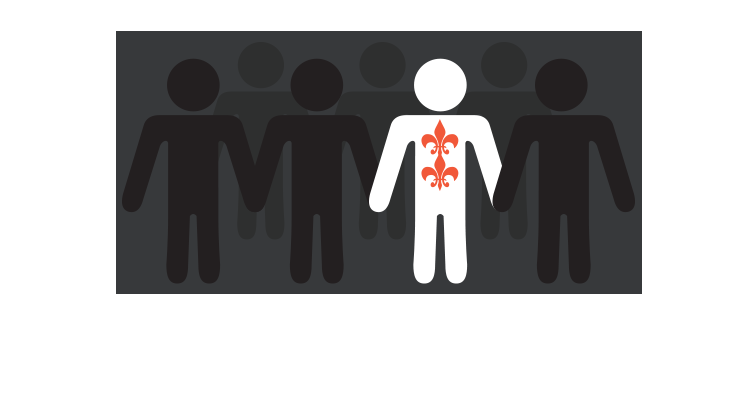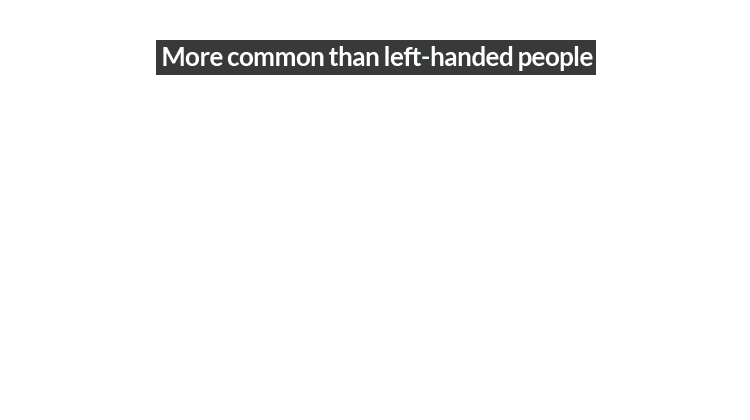Mental Illnesses.
1 in 4 will have some kind of mental illness in their lifetime.
The number of people living with a mental illness is surprising to many of us. The number of people touched by someone living with a mental illness is even more surprising.
Click NEXT.
The stigma around mental illnesses touches more than just the person living with the illness. It can impact family, friends, co-workers, and more. Click on each photo to hear from some of these people and how you can help to make it ok.
NextSam
I work for the department of transportation doing road construction, and I've lived with depression most of my adult life. I’ve learned how to manage my symptoms and I rarely have episodes anymore that make it hard for me to function. But, one thing that I think is hard for others to understand is that even though depression is considered a mental illness, for some people, it has many physical side effects as well. For me, I get extremely tired, I get awful headaches, I get nauseous. I don’t feel like eating, and I my whole body aches. When I’m feeling that way, it’s pretty hard to bend and lift, run a jack hammer, shovel, and all of the other physical things that go with my work. Yet, when I’m not feeling well it seems like the few people who know I have depression, look at me like, “suck it up, why can’t you at least keep working?” The thing about that is, in this line of work, there always seems to be someone who has to take time off because of back pain, or knee problems, or something like that. So, why do people see my illness differently? I feel like I deserve the same nonjudgmental response on those rare occasions when I can’t work. That’s it – no judgment, please. I’m a good employee and a hard worker.
Sam's Co-worker
I’ve worked with Sam for over 10 years, and he’s become a really good friend – my best friend. I’m one of the few people at work who knows about his depression. Sam doesn’t want me talking about it with anyone, but sometimes I wish I could fill others in on how much perseverance he has and how much he’s accomplished. It’s frustrating to not be able to share that. The stigma around his illness impacts me too.
Sam's Daughter
When I was younger, I didn’t really understand what was happening when my dad was getting really sad and not feeling like himself. I just knew something wasn’t right and I worried about him and I felt kind of helpless. And, I’m sort of embarrassed to admit this, but I didn’t want my friends coming over during those times either. I worried about what they would think, and I shouldn’t have to worry about that. No one should have to worry about that.
Brent
You see, I’m a high-level manager at a communications company and I live with an anxiety disorder. For years I didn’t share my diagnosis with anyone at work, but I started noticing some of my own symptoms in other people on my team. Now I’m not saying that any of these people has a mental illness, but it got me thinking. We all seem to be dealing with more stress in the workplace these days – from additional responsibilities to technology that keeps us connected 24/7 and fosters an expectation for instant responses. So, it doesn’t help that anyone should have the added stress of feeling the need to conceal a mental illness.
I decided to open up at work, and I was surprised at the supportive responses I received. Many of the people on my team said they saw me as courageous rather than weak, that is was encouraging to see someone in a senior position who was willing to be honest and speak up. I do feel like it’s had an impact on fostering a supportive, comfortable environment for everyone, no matter what illness you might have.
So if you have a mental illness, you have to decide if speaking up at work is right for you, but talking to someone – a family member or a good friend – is often a great place to start.
Brent's Wife
When someone has a mental illness, well...family and friends are impacted too. In our family, we all made adjustments to help support Brent, well especially right after his diagnosis. In many ways, making these adjustments was the easy part. Feeling helpless to change the way Brent felt about having a mental illness and, you know, the impact of stigma on him was the hard part. I have seen a change in him since he spoke up about his illness at work – it was the right thing for him.
Mara
I have Bipolar disorder, and I’ve worked in the same job now for 7 years without having to tell anyone about my mental illness, partly because I manage my illness well and I’m good at my job. Yeah, there were times over the years when I had to take some time off because of my illness, but I was able to get by with excuses like the flu or minor surgery, until recently when I hit a rough patch where I had no choice but to tell my boss. I didn’t want to do it. I didn’t want him to look at me “like that.” I didn’t want to be that employee.
I was lucky though, my boss reacted very sensitively. But I still didn’t want to tell anyone else at work, and I feel a little guilty about that, because I want to be open, but this is where I’m at. This is what works for me right now.
Mara's Friend
I hate that Mara feels like she has to hide her illness. I see how it tears her up when she thinks her colleagues at work see her as uncommitted because she's taking a little time off. If they only knew how committed she really is. She is so good at her job, but sometimes she has to work twice as hard as others to do so well while managing her illness.
Mara's Mom
Ya know, watching your child deal with an illness is hard enough, but when it’s a mental illness you have the added heartache that unfair stereotypes and stigma bring. Mara has always been a very bright, ambitious girl. Her bipolar disorder is not her fault or anyone’s fault. It was just something that was built in for her, and don’t we all have something that we deal with from time to time?


